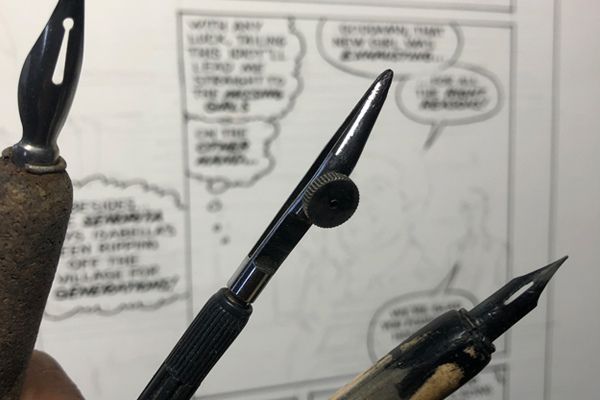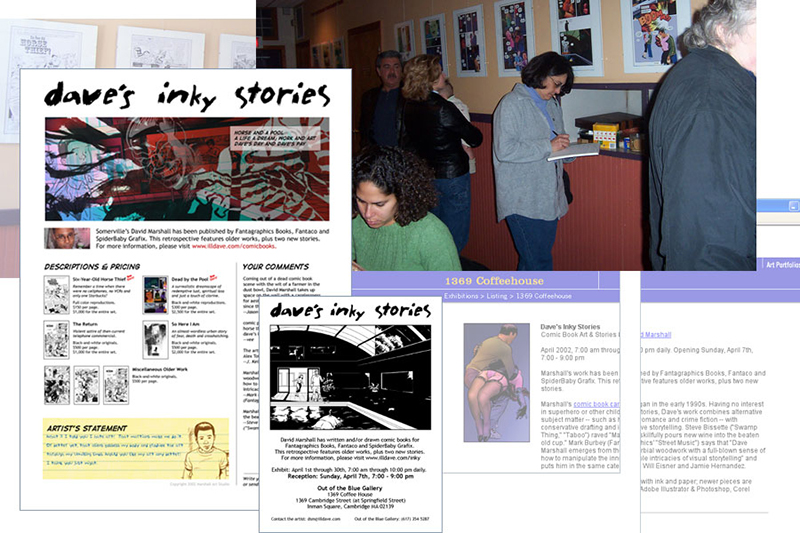This Blog, This Monster
Behind-the-scenes details, tutorials, process techniques, creator spotlights, miscellaneous rants, and all things related to inky stories
The latest

Golden Age Striped Screens: Digital Emulation Tutorial

Why those old-school comic book effects still matter (and how to recreate them)
Ever wonder why vintage comics from the 1930s and '40s have that distinctive look that modern digital coloring just can't quite capture? The secret lies in the printing techniques of the era—specifically, the use of striped color screens that gave Golden Age comics their unique visual texture.




















